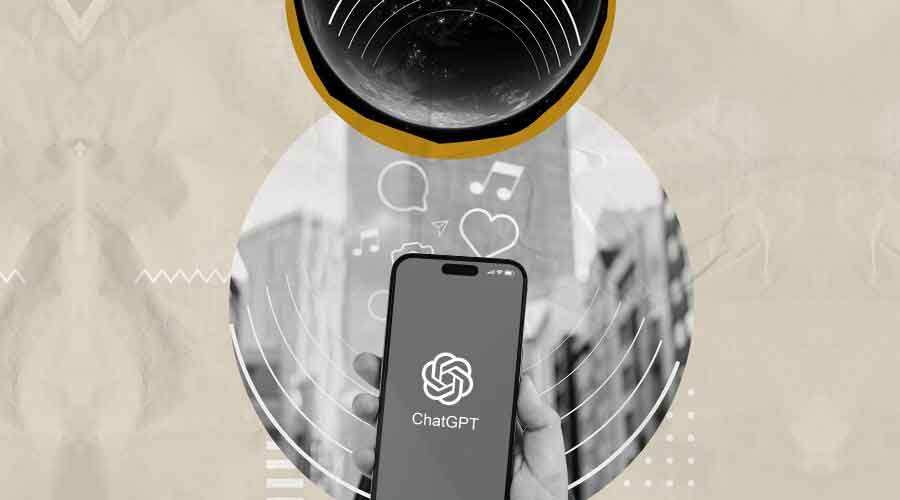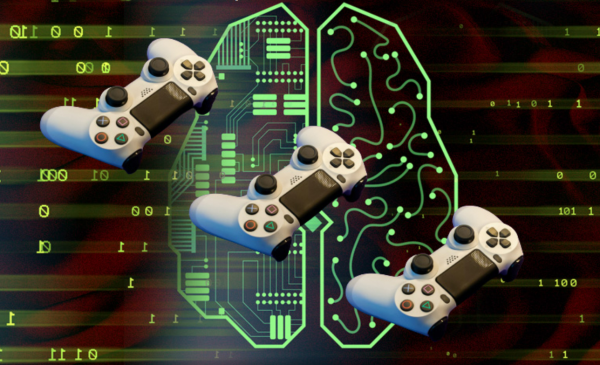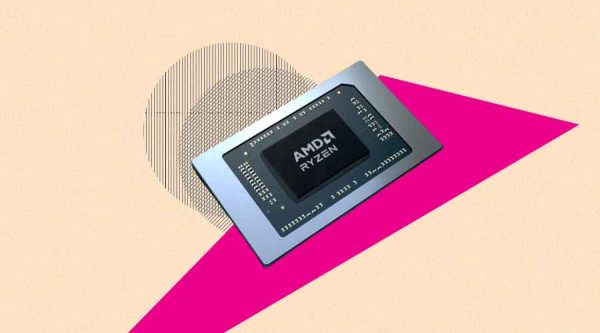
OpenAI is taking significant strides to ensure the safety and accountability of its advanced AI models
OpenAI, a leading force in artificial intelligence (AI) development, is taking significant strides to ensure the safety and accountability of its advanced AI models. In a recently published plan on its website, the company outlines a framework designed to address safety concerns, placing a strong emphasis on accountability and risk mitigation.
Safety First: OpenAI’s Deployment Criteria
OpenAI, backed by tech giant Microsoft, is committed to deploying its latest AI technology only when it meets stringent safety criteria. These criteria span various domains, including cybersecurity and nuclear threat detection. The company acknowledges the potential risks associated with its advanced AI models and is taking proactive measures to safeguard against unintended consequences.
The Role of an Advisory Group
To reinforce safety protocols, OpenAI is establishing an advisory group tasked with reviewing safety reports. This group will play a crucial role in evaluating the safety implications of AI models and providing valuable insights to the company’s executives and board. The involvement of an external advisory group adds an extra layer of scrutiny to ensure a comprehensive and unbiased assessment.
Decision-Making Dynamics: Executives and Board
While decisions related to AI safety will be primarily made by OpenAI executives, the company introduces a noteworthy layer of accountability. The board retains the authority to reverse safety decisions made by the executives, creating a checks-and-balances system within the organization. This approach reflects OpenAI’s commitment to transparency and responsible AI development.
Addressing Concerns in the AI Community
The unveiling of OpenAI’s safety framework comes in response to growing concerns within the AI community and the broader public. Since the launch of ChatGPT, OpenAI’s generative AI technology, there has been heightened awareness of the potential dangers associated with powerful AI models. The technology has showcased its capabilities in writing poetry and essays but has also raised concerns about the dissemination of disinformation and manipulation of human behavior.
Responding to Calls for Caution
In April, a group of AI industry leaders and experts penned an open letter urging a six-month pause in the development of AI systems more powerful than OpenAI’s GPT-4. The call for a pause was rooted in concerns about the societal risks posed by increasingly advanced AI technologies. OpenAI’s response demonstrates a commitment to addressing these concerns and ensuring that the deployment of AI aligns with ethical and safety standards.
Public Sentiment on AI
A May Reuters/Ipsos poll revealed that more than two-thirds of Americans express concerns about the potential negative effects of AI. Additionally, 61% of respondents believe that AI could pose a threat to civilization. OpenAI’s proactive approach to safety aligns with the broader sentiment calling for responsible and cautious development in the field of artificial intelligence.
In conclusion, OpenAI’s commitment to creating a safer and more accountable AI landscape is evident in its proactive safety framework. By establishing clear criteria, involving an advisory group, and incorporating checks and balances in decision-making, OpenAI sets a precedent for responsible AI development. As the company continues to advance its technologies, this commitment to safety reflects a dedication to the well-being of society and the responsible evolution of artificial intelligence.



